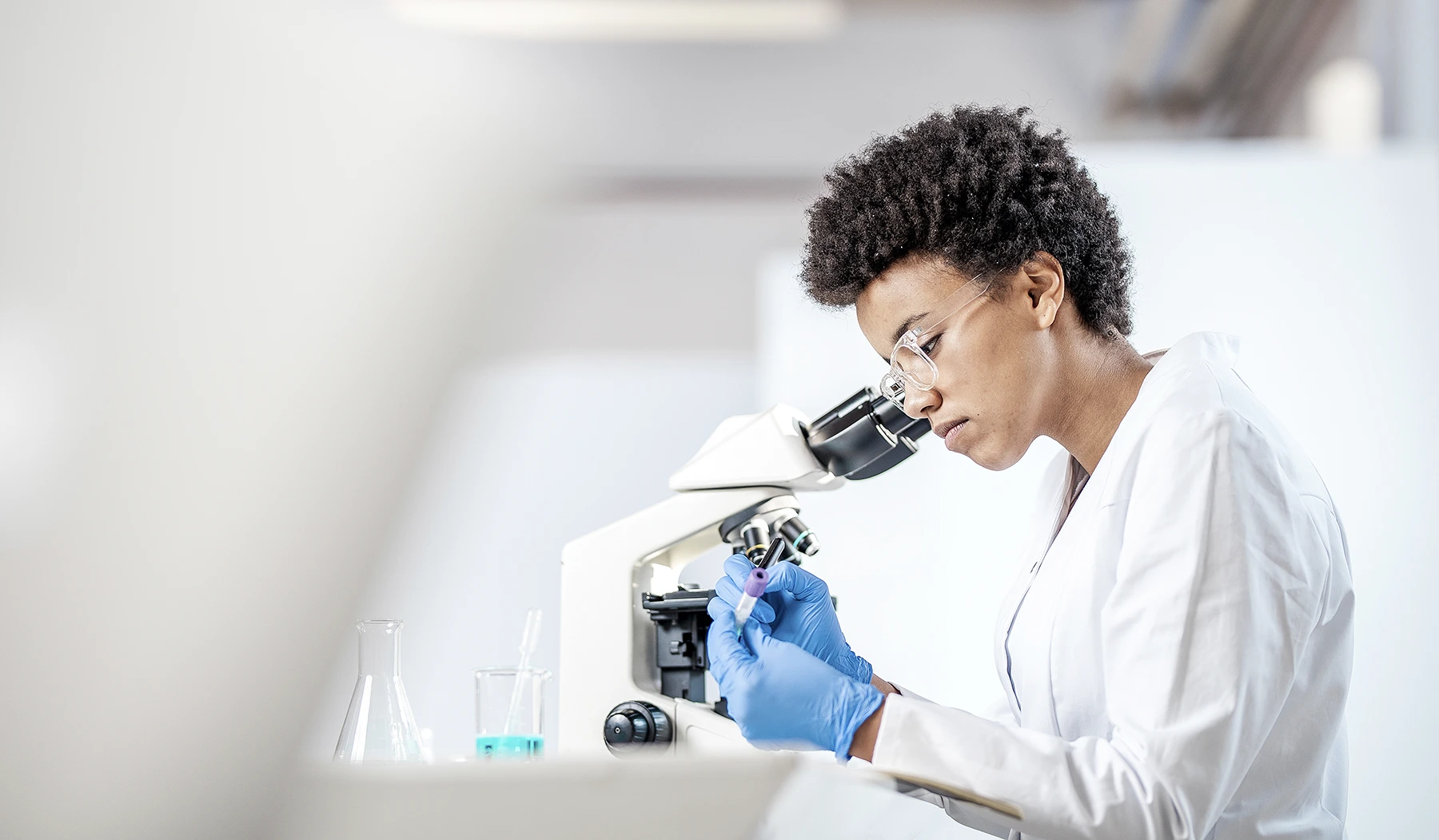Myths and Facts on Cancer Clinical Trials

Clinical trials are the backbone of innovation in cancer care. In a recent virtual Miami Health Talk hosted by Sylvester Comprehensive Cancer Center, part of the University of Miami Health System, experts shed light on how these trials work, why they matter, and how patients—both adults and children—can access them.
The UMiami Health Talk: Cancer Clinical Trials: Separating Facts from Myths highlights Jonathan Trent, M.D., Ph.D., associate director for clinical research and Aditi Dhir, M.D., pediatric hematologist-oncologist and clinical research lead for pediatric cancers.
Why clinical trials matter
Clinical trials advance clinical knowledge. Dr. Trent emphasizes that every cancer treatment available today exists because of clinical trials. These studies are not only scientifically rigorous and ethically sound—they also offer patients access to cutting-edge therapies that may not be available elsewhere.
“Patients on clinical trials often have better outcomes than those who are not,” Dr. Trent notes.
At Sylvester, more than 300 clinical trials were opened in 2024 alone, offering hope and new options for patients across South Florida and beyond.
Understanding the phases of cancer clinical trials
Clinical trials typically progress through three phases:
Phase 1: First-in-human studies focused on safety and dosage.
Phase 2: Evaluates effectiveness and side effects.
Phase 3: Compares new treatments with current standards to determine superiority.
Each trial is designed with a clear scientific rationale, ethical oversight and a goal to improve patient outcomes.
Pediatric trials: A different landscape
Dr. Dhir highlights the unique challenges and opportunities in pediatric cancer trials. Children process medications differently, and many treatments require age-appropriate formulations.
“Clinical trials have increased childhood cancer survival rates from less than 10% to over 80% for certain cancer types in the last 40 years,” she shares.
Sylvester participates in national networks like the Children’s Oncology Group and the National Pediatric Cancer Foundation, offering trials for leukemia, brain tumors, sarcomas and more.
Debunking common myths
Both experts address misconceptions about clinical trials:
Myth: Trials are only for the very sick.
Fact: Many trials are offered early in treatment to improve outcomes or reduce side effects.
Myth: Trials for children may not be appropriate.
Fact: Pediatric trials follow strict ethical guidelines and often involve treatments already proven in adults.
Myth: Placebos are common.
Fact: Placebos are rarely used in cancer trials, especially when effective treatments exist.
Access and eligibility
Eligibility for trials depends on factors like cancer type, stage, prior treatments and overall health. At Sylvester, providers use internal tools and tumor boards to match patients with the most appropriate trials.
“Our goal is to remove as many barriers as possible,” says Dr. Trent. “That includes helping with travel, scheduling and even improving lab values to meet eligibility.”
The future: Immunotherapy and beyond
Immunotherapy is revolutionizing cancer care. From checkpoint inhibitors to CAR T cells or tumor vaccines, these treatments harness the body’s immune system to fight cancer.
Sylvester is also exploring:
• CRISPR gene editing
• Oncolytic viruses
• Liquid biopsies for pediatric patients
These innovations are shaping a future where cancer may be managed like a chronic disease.
The future of cancer research
Clinical trials are not experimental in a scary way—they are a pathway to better, safer and more personalized cancer care. Whether you’re a patient, caregiver or health care professional, understanding and advocating for clinical trial participation can make a life-changing difference, and this will accelerate with Sylvester’s Kenneth C. Griffin Cancer Research Building opening in 2025.
The Griffin Cancer Research Building is a transformative addition to Sylvester and UHealth’s downtown Miami campus. This 12-story, 244,000-square-foot facility is designed to accelerate cancer breakthroughs by collocating researchers, clinicians and patients under one roof. With dedicated space for clinical trials, translational research and patient care, the building will foster real-time collaboration that drives discoveries from the lab directly to the bedside. As South Florida’s only academic-based phase 1 clinical trials program, the new facility will expand access to innovative treatments and reinforce Sylvester’s commitment to precision medicine and patient-centered care.
Visit Sylvester’s website to learn more or explore current clinical trials.
By Monica Smith, Executive Director of Marketing & Communications Content for Sylvester Comprehensive Cancer Center.
Tags: Access to clinical trials, Cancer clinical trials in South Florida, Clinical trial phases, Innovative cancer treatments, Sylvester Comprehensive Cancer Center
